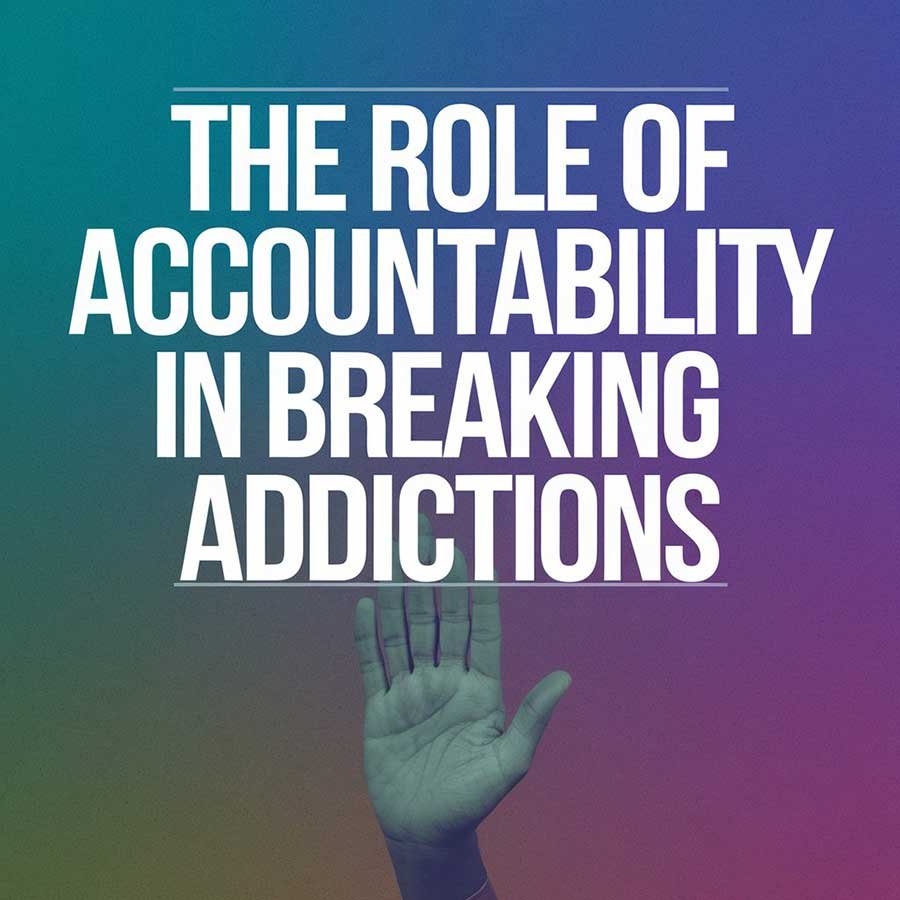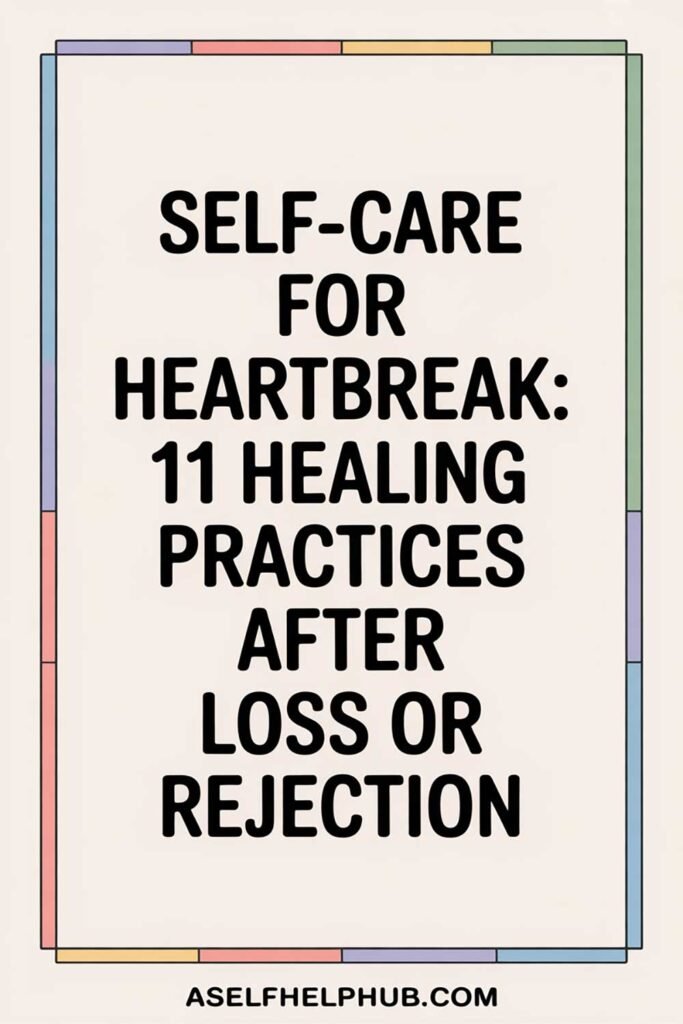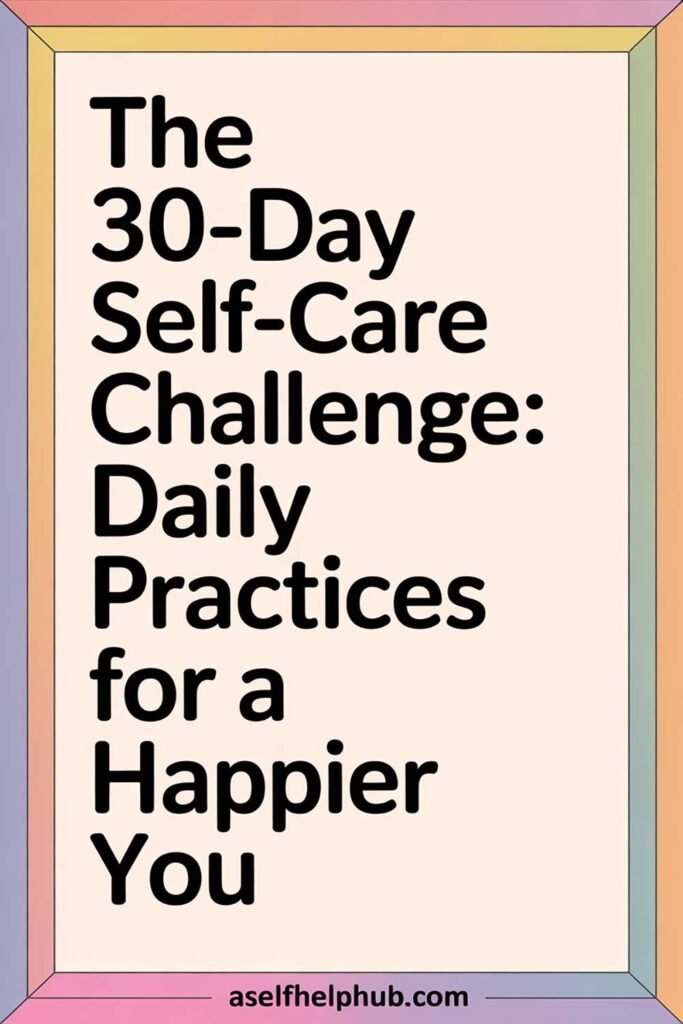
The Role of Accountability in Breaking Addictions
Breaking free from addiction is one of the hardest challenges a person can face, but you don’t have to do it alone. Accountability—having someone or something to keep you responsible for your actions—can be a game-changer in overcoming addiction. Whether it’s through friends, family, support groups, or professional guidance, accountability provides motivation, structure, and support when willpower alone isn’t enough.

If you’re struggling with an addiction, or supporting someone who is, here’s how accountability plays a critical role in the recovery process—and how you can use it to strengthen your journey.
1. Accountability Keeps You Honest with Yourself
One of the biggest hurdles in addiction is denial. It’s easy to make excuses, justify behaviors, or convince yourself that you’ll “quit tomorrow.” But when you have accountability—whether from a trusted person, a group, or even a journal—you can no longer ignore the reality of your actions.
🔹 Try This:
- Keep a daily accountability journal where you track your triggers, cravings, and progress.
- Share your goals with someone you trust to keep you honest.
- Use recovery apps that remind you of your commitment and progress.
The more transparent you are with yourself, the more power you gain over your addiction.
2. Support Systems Reduce Isolation and Shame
Addiction thrives in secrecy. When you’re struggling alone, feelings of shame, guilt, and hopelessness can push you deeper into the habit. But when you open up to others, you realize that you’re not alone—and that support is available.
🔹 Try This:
- Join a support group (12-step programs, SMART Recovery, or local recovery groups).
- Tell a trusted friend or mentor about your journey and ask for their support.
- Engage in online communities where others share their experiences and encouragement.
Knowing that others are walking the same path removes the burden of isolation and gives you strength to keep going.
3. A Strong Accountability Partner Helps You Stay on Track
Having one or more accountability partners—someone who checks in on you, offers guidance, and encourages you—can make a huge difference. The right person can remind you why you started, challenge negative thoughts, and help you refocus when you struggle.
🔹 Try This:
- Choose someone who won’t enable your addiction but will hold you accountable with compassion.
- Set up regular check-ins (daily or weekly) where you update them on your progress.
- Be honest, even when it’s hard. A good accountability partner won’t judge you but will push you forward.
4. External Accountability Creates Structure and Discipline
When addiction takes hold, life can feel chaotic and unstructured. One of the biggest benefits of accountability is that it creates order—helping you develop routines and commitments that support your recovery.
🔹 Try This:
- Set clear, written goals for your recovery journey.
- Create a daily structure (wake-up time, meals, exercise, meetings).
- Make commitments to people or programs that reinforce your goals (like therapy or group sessions).
A structured routine reduces the impulsivity and emotional highs and lows that fuel addiction.
5. Accountability Helps You Bounce Back from Relapses
Relapse doesn’t mean failure—it’s a part of many recovery journeys. However, shame and secrecy can turn a relapse into a downward spiral. Accountability reminds you to get back up instead of staying stuck.
🔹 Try This:
- If you relapse, tell your accountability partner immediately so they can support you.
- Analyze what led to the slip-up and create a plan to avoid the same trigger.
- Use the “Never Miss Twice” Rule—one mistake doesn’t define you. Get back on track the next day.
Relapse doesn’t erase progress—accountability helps you keep moving forward.
6. Professional Accountability Strengthens Recovery
While friends and family provide valuable support, professional guidance offers structured, expert-led accountabilitythat makes recovery more effective and sustainable.
🔹 Try This:
- Work with a therapist or counselor who specializes in addiction recovery.
- Join rehab or outpatient programs where professionals track your progress.
- Attend regular support meetings where structured accountability is built-in.
Having trained professionals in your corner can provide life-changing insights and strategies.
Inspirational Quotes on Accountability and Recovery
“Accountability is the glue that ties commitment to the result.” – Bob Proctor
“We cannot solve our problems with the same thinking we used when we created them.” – Albert Einstein
“You may have to fight a battle more than once to win it.” – Margaret Thatcher
“The only way to do great work is to love what you do. If you haven’t found it yet, keep looking.” – Steve Jobs
“Surround yourself with only people who are going to lift you higher.” – Oprah Winfrey
“No matter how far you have gone on the wrong road, you can always turn around.” – Turkish Proverb
Picture This
Imagine waking up knowing you’re not alone in this fight. You have a team of people who believe in you, support you, and keep you on track. When challenges arise, instead of facing them alone, you reach out to your accountability partners, who remind you of how far you’ve come.
No more secrecy. No more shame. Just steady progress, support, and the confidence that you’re becoming a stronger version of yourself.
Now, ask yourself: Who can I reach out to today for accountability?
Please Share This Article
If this article helped you, please share it with someone who might be struggling with addiction. Support and accountability can change lives!






